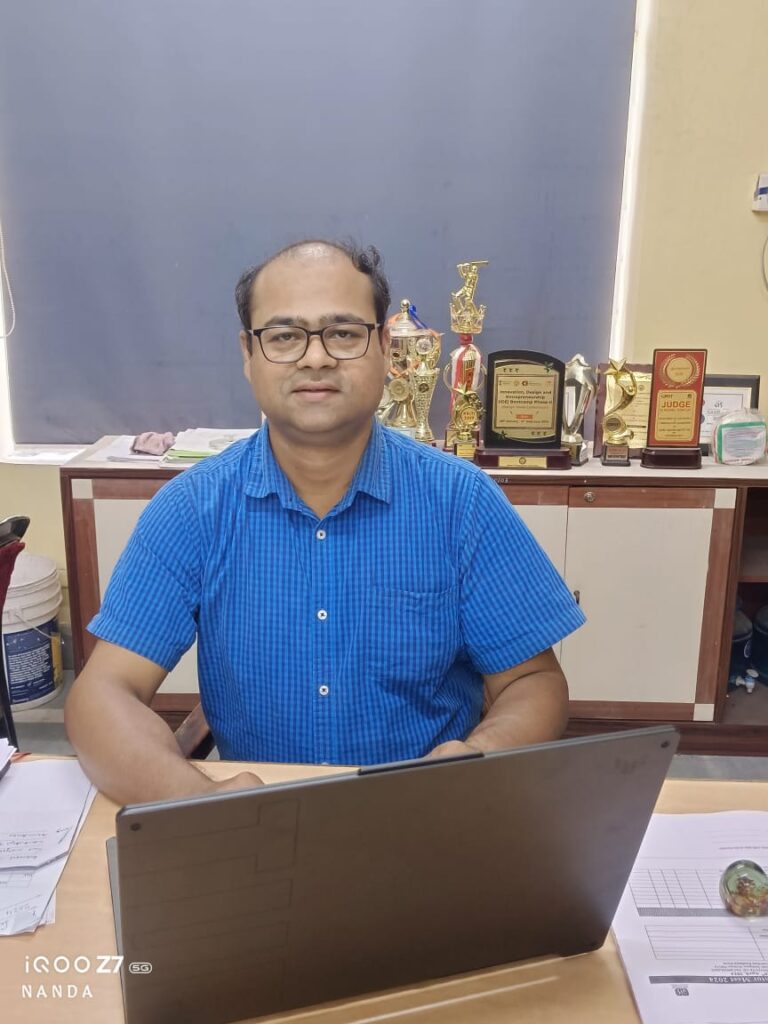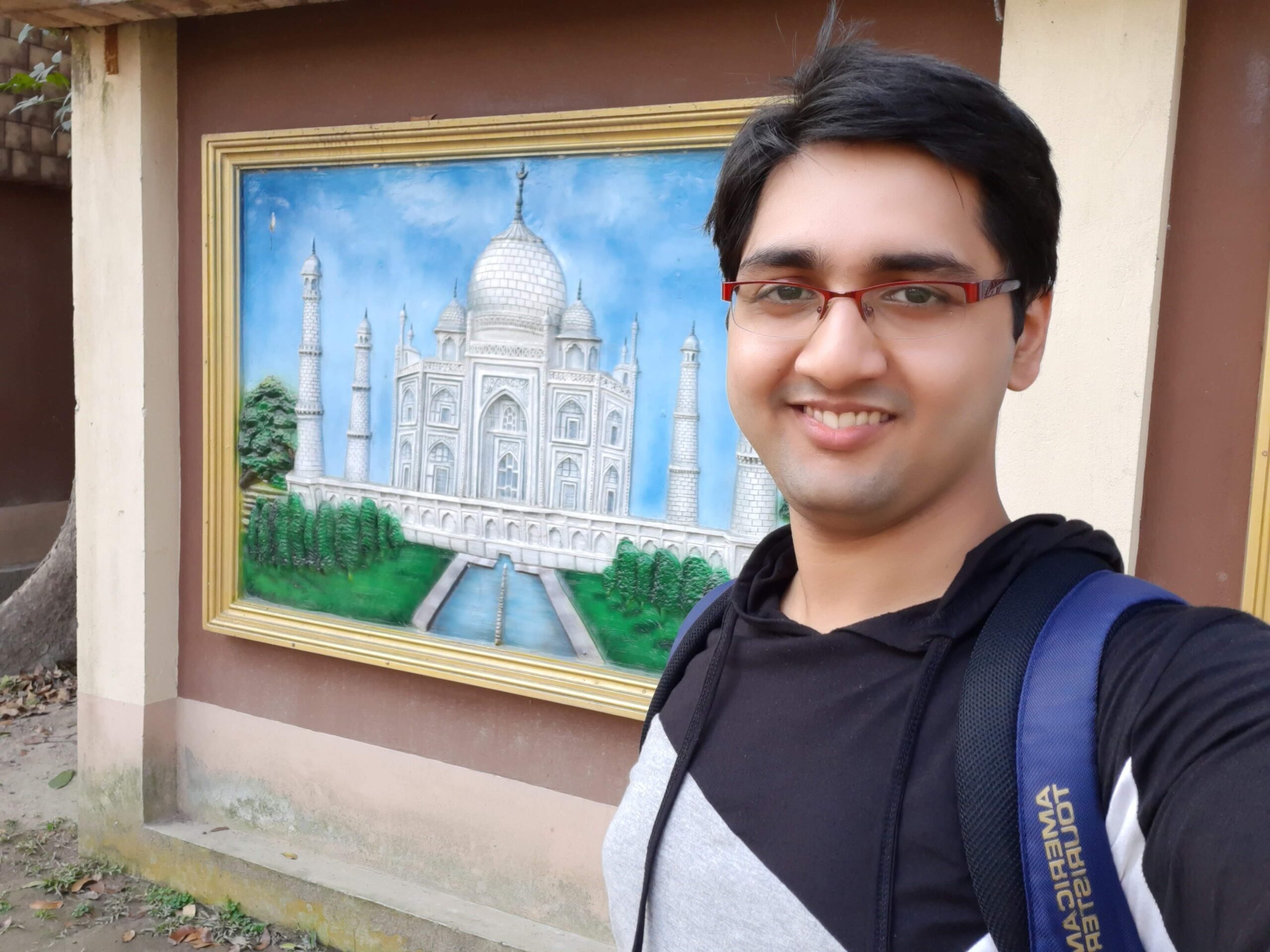Leading MCA College in Kolkata for Career-Driven Tech Education
The Department of Computer Applications is dedicated to academic excellence and cutting-edge research in the field of computer science. Offering a Master of Computer Applications (MCA) program under the autonomy of MAKAUT, the department provides students with an unparalleled learning experience. The combination of skilled and dynamic faculty, state-of-the-art infrastructure, and advanced technical resources equips students with the tools to become proficient technocrats.
Recognized as one of the top MCA colleges in Kolkata, this institution ensures that its students are industry-ready. The MCA course, known for its robust curriculum and practical applications, provides a comprehensive understanding of the evolving world of technology. With competitive MCA course fees in Kolkata, students can access quality education that prepares them for successful careers.
Over the years, the department has produced numerous batches of talented professionals who have gone on to excel in prestigious software companies like Tata Consultancy Services (TCS), Wipro, Cognizant (CTS), Infosys, ITC InfoTech, Capgemini, BiskFarm, WBSEB, and many others. The department continues to be one of the best universities for MCA in the region, fostering an environment where students can thrive and innovate.

Mr. Chiranjib Dutta
Welcome to the Department of Computer Applications, Guru Nanak Institute of Technology. It gives me pride and immense pleasure to introduce you all to the Department and I hope you will enjoy exploring yourself being a part of the Department. Over the years, our Department has achieved remarkable milestones, thanks to the collective efforts of our dedicated faculty, staff, students and the college management.
The Department of Computer Applications is committed to excellence in teaching, research and inculcating a sense of pride and confidence in the students. Our objective is to empower the students with latest technical knowledge and skills in the field of Computer Applications by providing the best teaching facilities, state of the art laboratories and an excellent research and development environment. The mission is also to provide professional grooming and guidance so that the students can become successful professionals and inspiring individuals.
The Department of Computer Applications offers two courses- BCA (Bachelor of Computer Application) at undergraduate level & MCA (Master of Computer Application) at postgraduate level. The courses are under MAKAUT (Maulana Abul Kalam Azad University of Technology) and approved by AICTE.
Our department boasts a highly qualified and experienced team of faculty members, with doctoral degrees. Their expertise and passion for teaching and research are invaluable assets that enrich our academic environment and inspire our students.
In line with our commitment to fostering collaboration between academia and industry, we have organised several industry-expert meets, seminars, workshops involving technology experts from the industry. Such events are organised to give an exposure of latest cutting-edge technologies. This initiative not only provides our students with hands-on experience but also facilitates collaborative projects with industry partners, promoting real-world applications of our academic pursuits.
In pursuit of fostering academic partnerships and collaborations, we have actively engaged in Memorandums of Understanding (MOUs) with several esteemed institutions and organizations. These collaborations open up avenues for collaborative academic activities, exchange programs, entrepreneurship development, joint research projects, and knowledge sharing, enriching the academic experiences of our students and faculty alike.
Furthermore, we prioritize industry visits to provide our students with exposure to real-world practices and emerging trends in their areas of study. These experiences bridge the gap between theory and practice, equipping our students with the skills and knowledge required to excel in their future careers.
Our Department organizes several cultural and social events like Blood Donation camp, Cloth Donation camp, etc. that exhibits the extracurricular practices in the Department.
I am also proud to highlight the achievements of our distinguished alumni, who have made significant contributions to their respective fields and have brought honour to our Department. Their success stories serve as inspiration for the current students and reaffirm the quality of education and training provided by our Department.
In conclusion, I extend my heartfelt gratitude to all our stakeholders for their unwavering support and dedication. Together, we will continue to strive for excellence in education, research, and innovation, ensuring that our Department remains at the forefront of academic advancement.
Eighty nine percent of students say services helps them feel like they belong at GNIT
